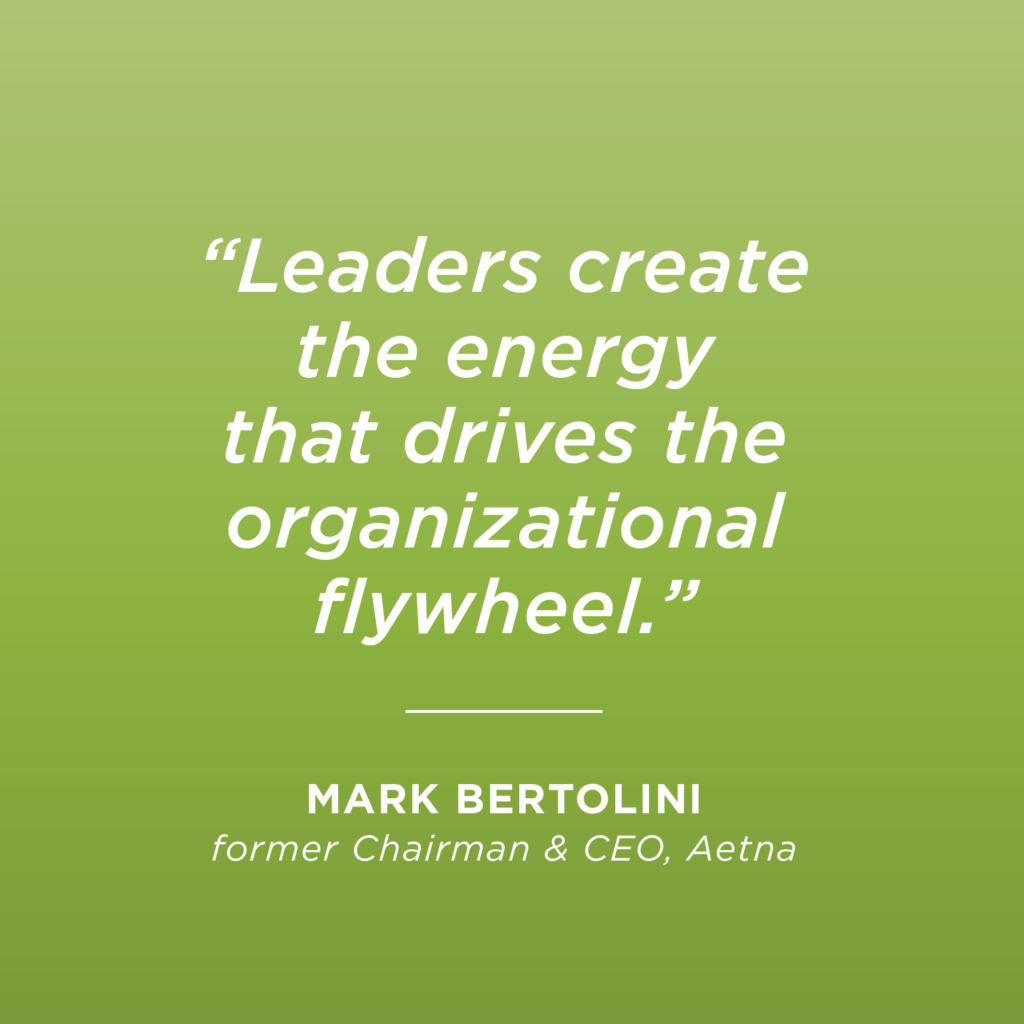Thoughts from Michael Allard, Champion of Opportunities
Recently, I was honored to participate in the NGLCC XLR8 Capacity Development Program, a six-week online executive management education program. Along with 16 cohorts, I heard from several inspiring speakers on topics ranging from economic and business recovery from the pandemic, to leadership innovation, team development, marketing, and more. Several concepts we discussed really stood out to me, and the following are my top 4 takeaways from the experience:
- Focus on the organization’s economic flywheel. This concept comes from Mark Bertolini, former Chairman & CEO of Aetna and author of Mission-Driven Leadership: My Journey as a Radical Capitalist. He champions the idea that to succeed in growing a company, you have to constantly reiterate the strategy and challenge yourself to continually ask, “How can we do what we do even better?” Leadership’s primary focus must be on the organization’s economic flywheel—meaning, you make a profit to reinvest in your business, not necessarily to pay shareholders. You make long-term investments even at the expense of immediate gains.
- Adopt “center of the hurricane” leadership. This is another fascinating idea from Mr. Bertolini. He advises that your role as a leader is to be the quiet in the middle of the storm. Remain calm and grounded while creating powerful energy and passion throughout your organization that drives and fuels its economic flywheel.
- Customer service is everything. Roby Schapira, small business leader & Senior Vice President at Wells Fargo, spoke about a topic that we at Think Up are also passionate about: focusing on customer service is critical—especially during these difficult times. Mr. Schapira mentioned that 70% of customers say they want brands that boost positivity, so companies could use this time to look for opportunities to do good within their communities. He also stressed the importance of reaching out to customers in person at a time when so much has gone virtual.
- Use marketing for attention, intention, and mention. Anthony Shop, Adjunct Professor at The George Washington University and Co-Founder & Chief Strategy Officer of Social Driver, shared thoughts on marketing strategies for today’s digital world. Marketing for attention is about getting people to notice your company or brand. Ask yourself how you can cut through the noise and find the right people. Marketing for intention involves targeting a specific audience by looking closely at their behavior—what are they searching for and how can you help them find it? And marketing for mention is about getting others to talk about your company—word of mouth, influencers, etc—and creating that conversation in the space where your customers connect with one another.
It’s been a few weeks since the XLR8 program wrapped up, and I’m still digesting the enormous amount of thought-provoking information and ideas shared by these talented speakers. These valuable conversations resonated with me and I am so thankful to have had this opportunity.



